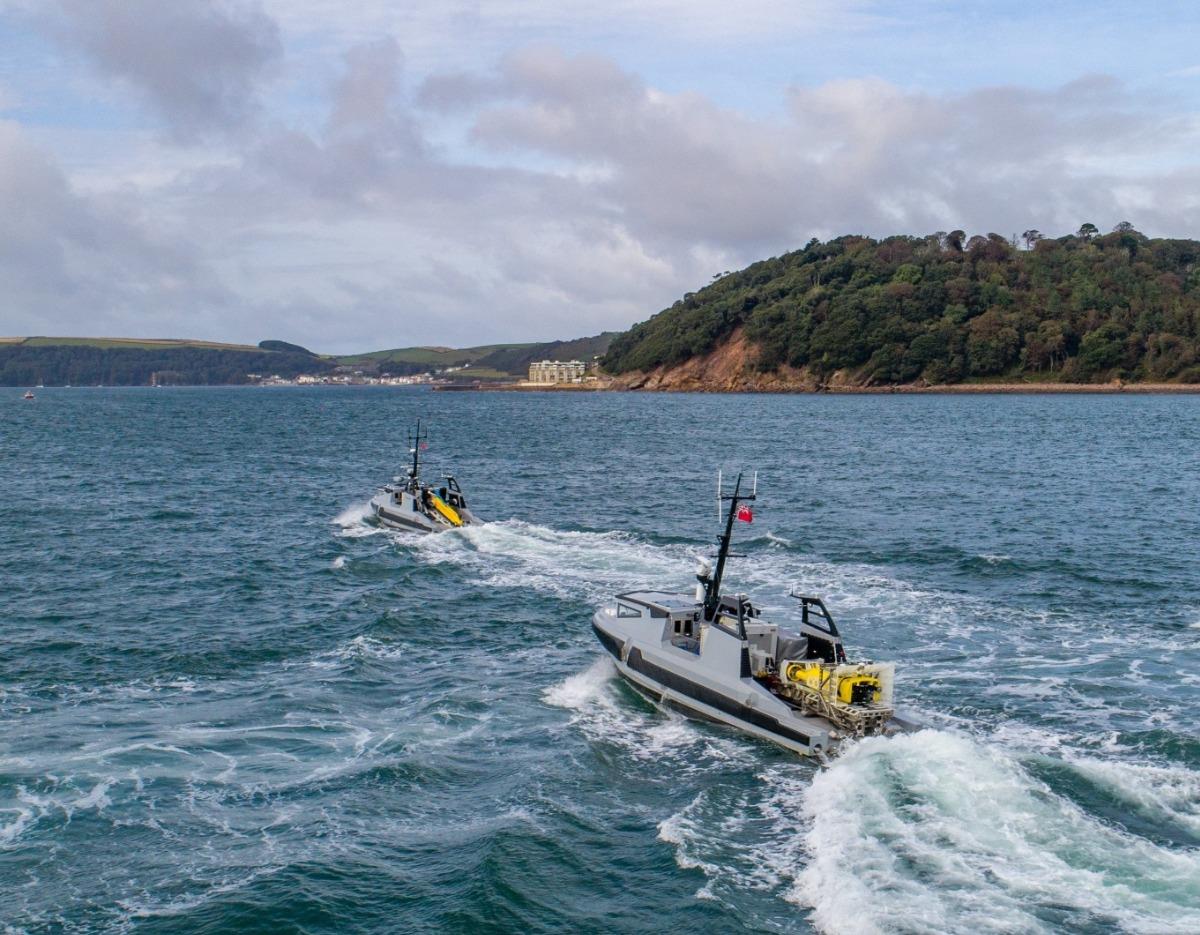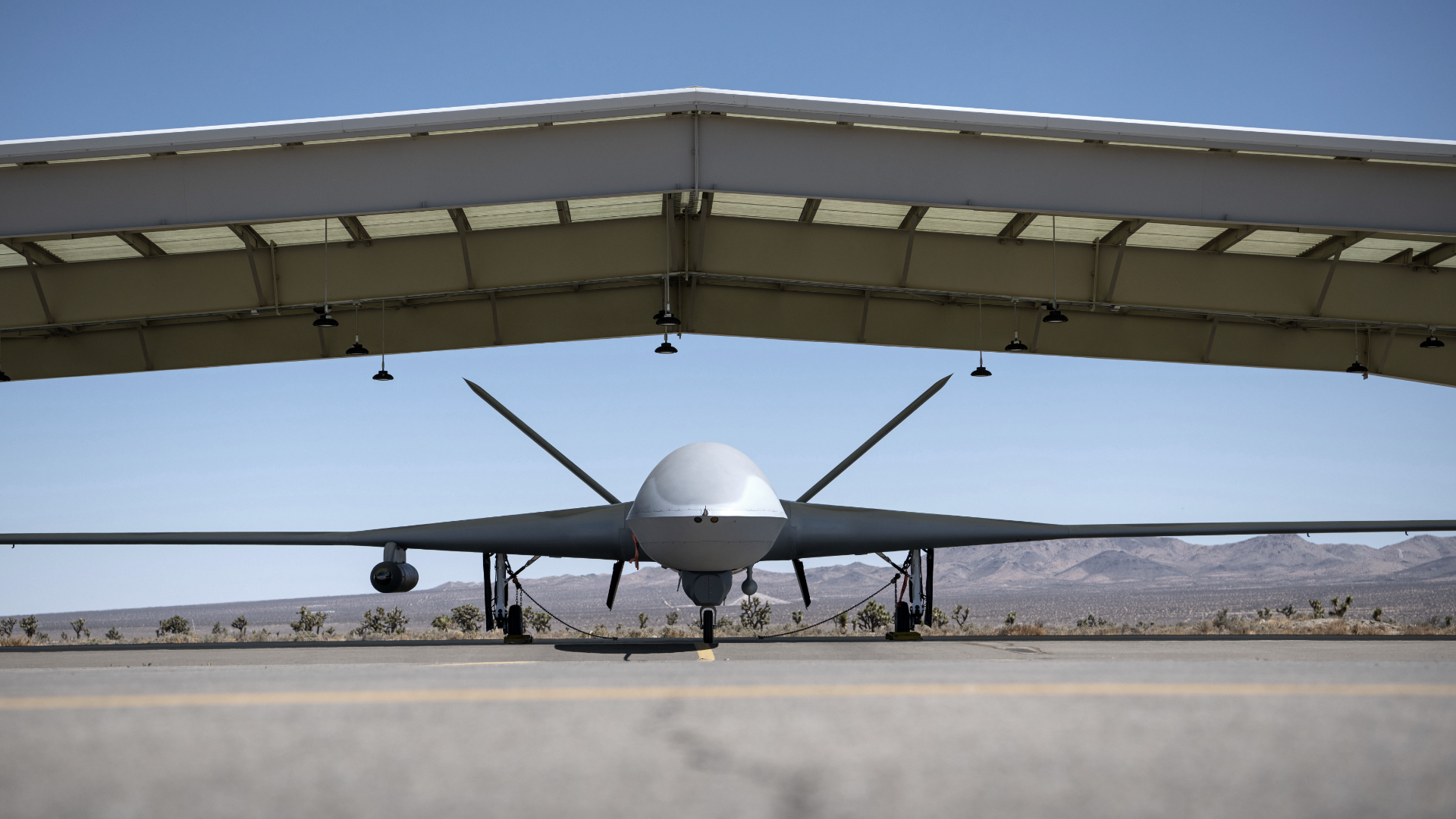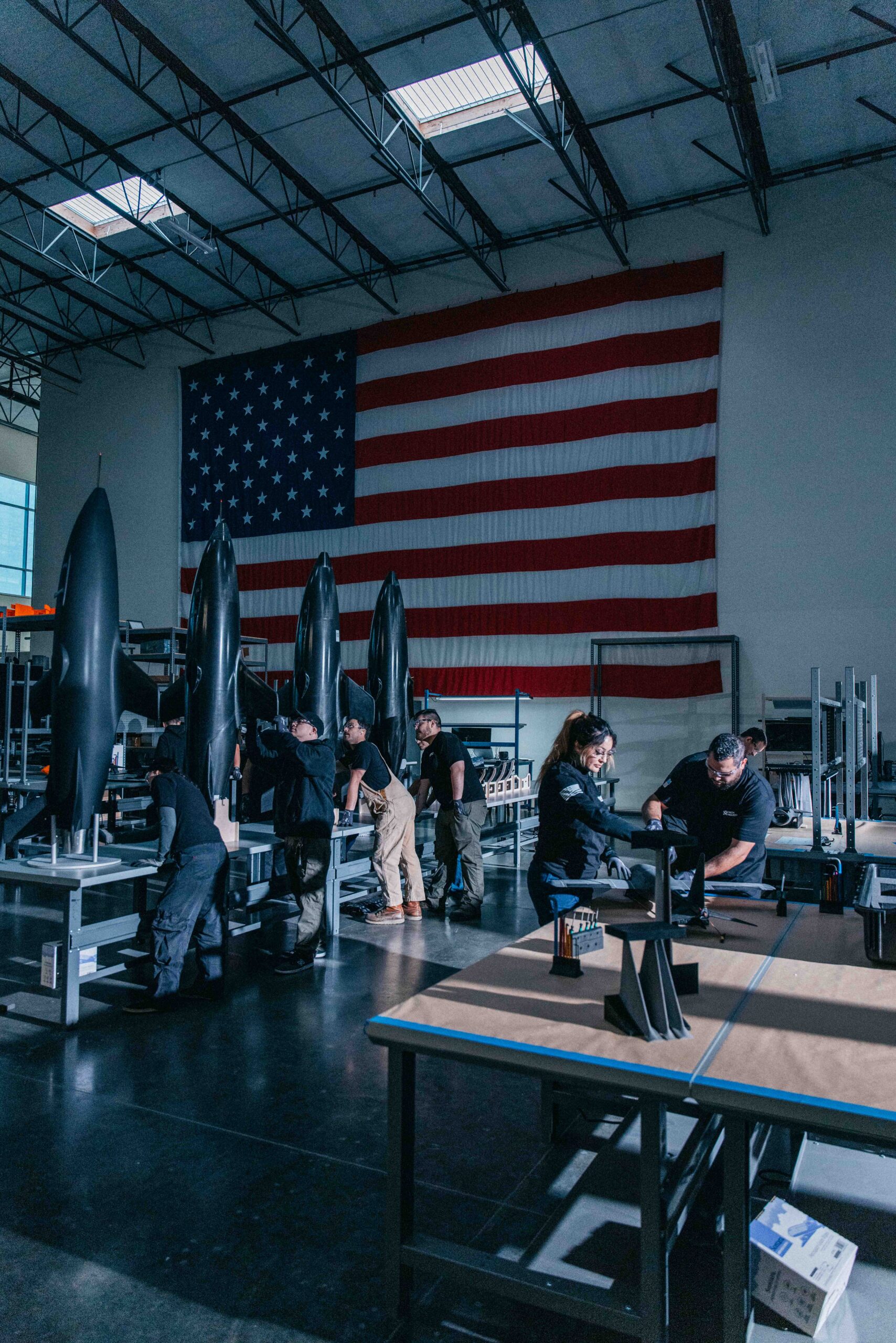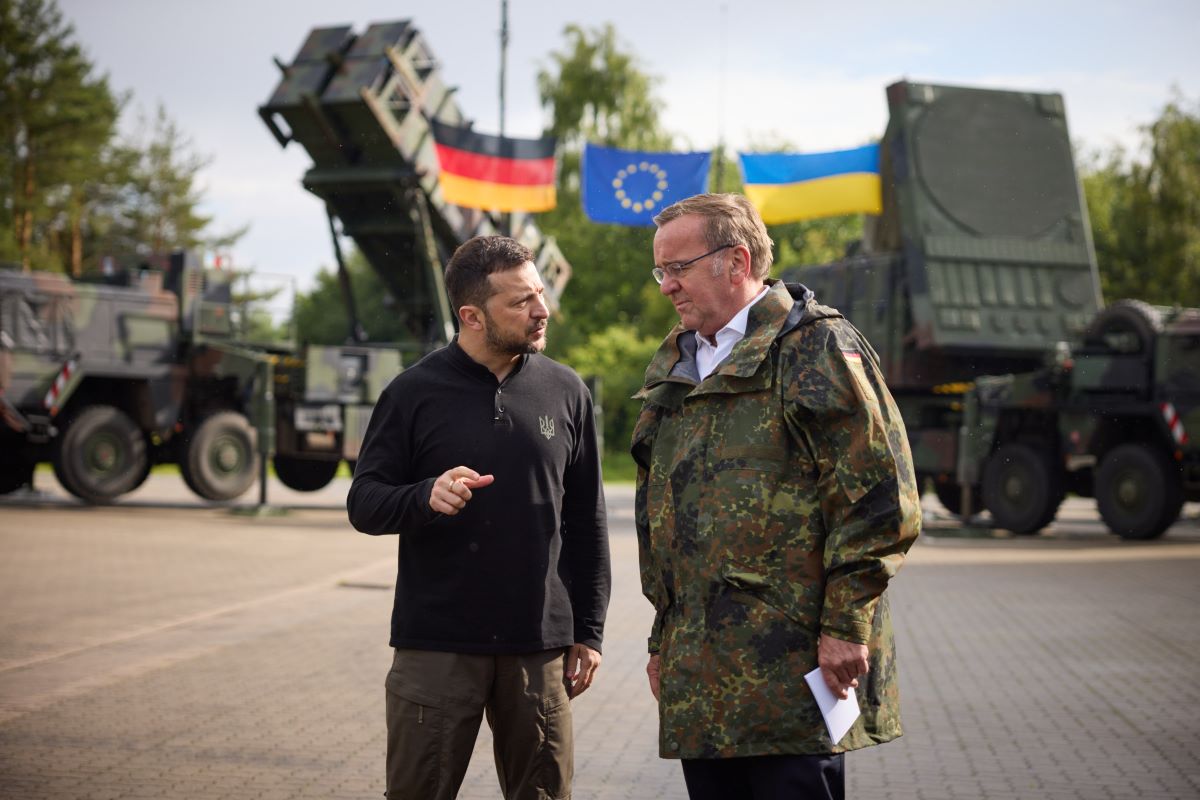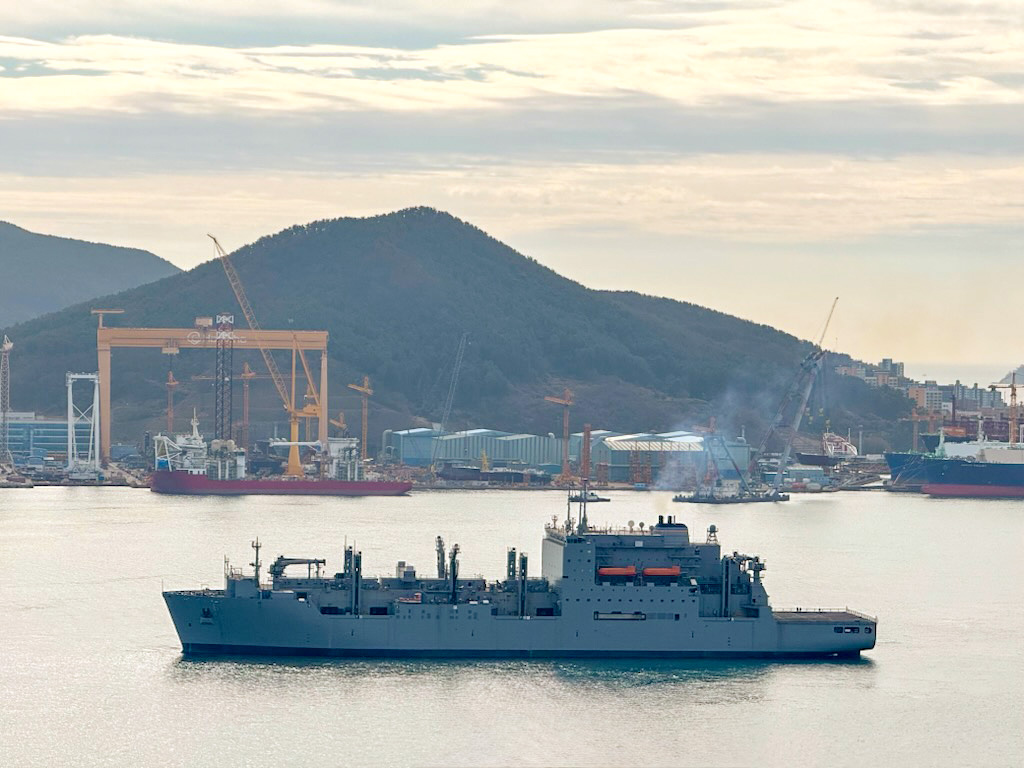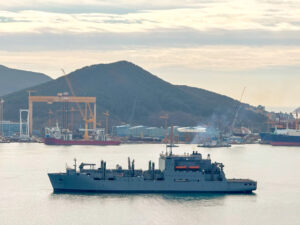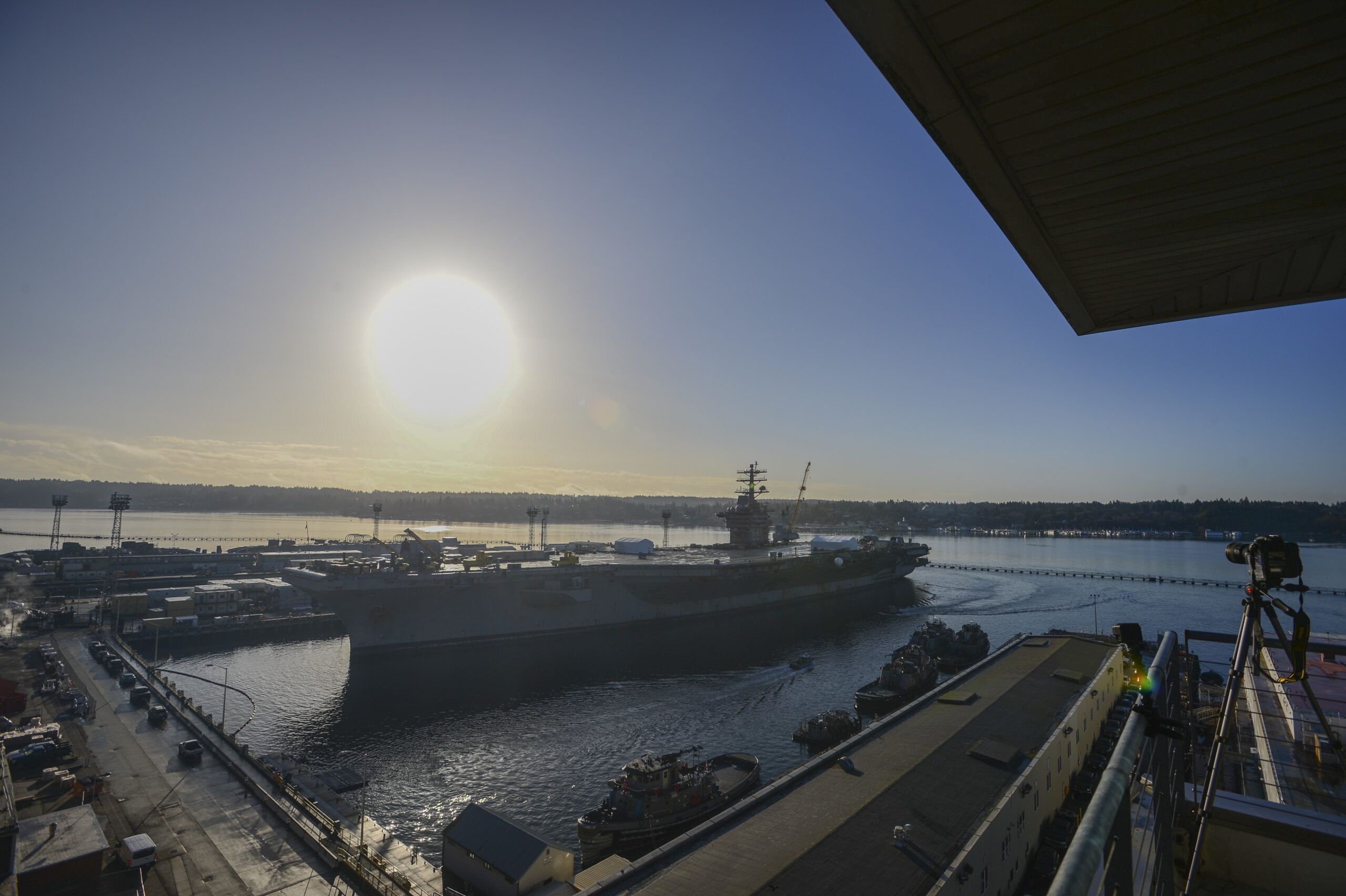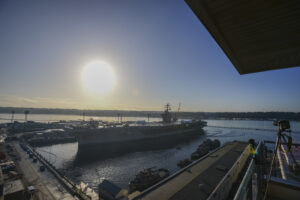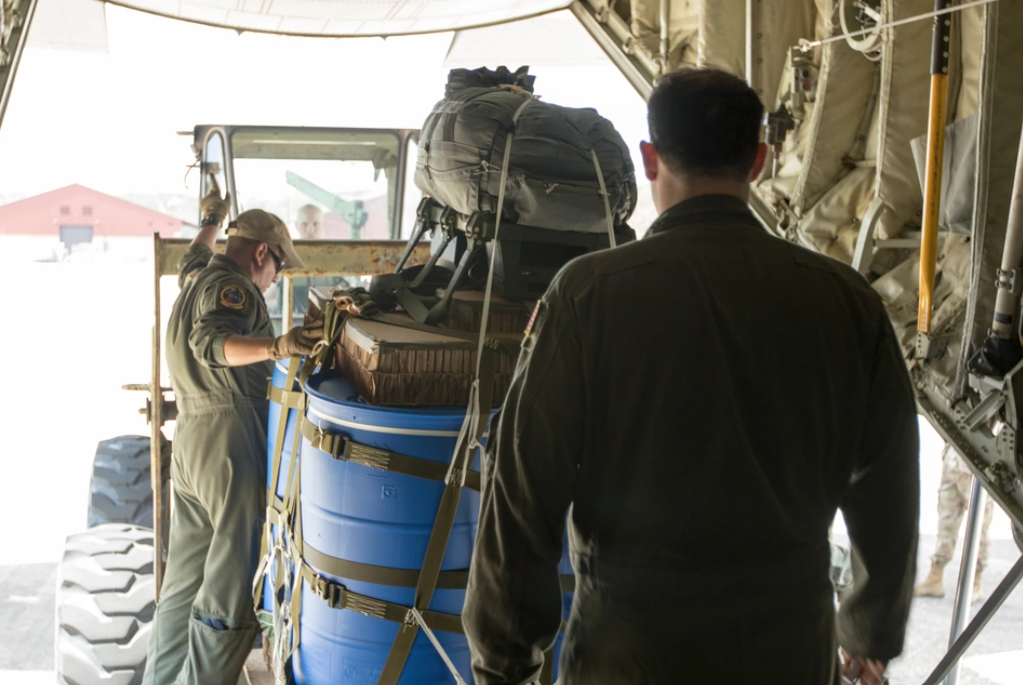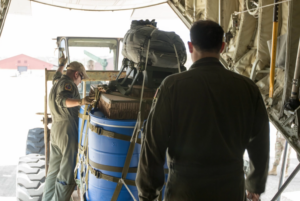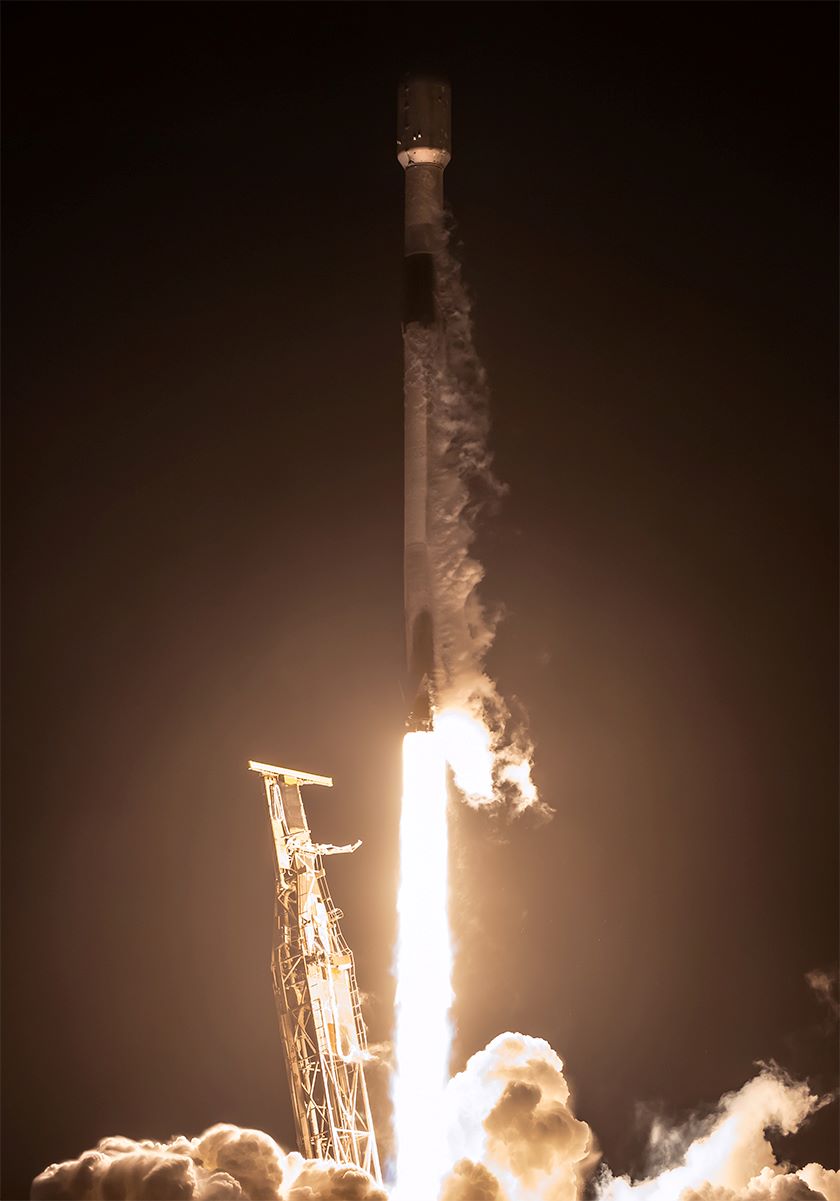The U.K. Ministry of Defense last week announced it received its first new end-to-end autonomous mine hunting vessel, the unmanned surface vessel (USV) RNMB Ariadne.
In a March 14 announcement, the government said this vessel was designed and built in the U.K. under a $239 million contract with Thales U.K
. The Ariadne is about 39 feet long and can be deployed from a harbor or mother ship to hunt and destroy mines on the seabed using the towed Thales TSAM sonar system.
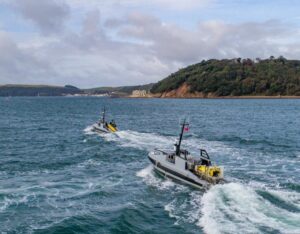
The ministry noted this delivery is part of its Defense Equipment and Support (DE&S)-led mine hunting capability program, which aims to move the Royal Navy from conventional mine countermeasures (MCM) vessels to autonomous maritime system, akin to how the U.S. is replacing Avenger-class MCM vessels with MCM mission packages using helicopters and USVs based off Littoral Combat Ships.
The Royal Navy plans to gradually phase out the conventional crewed MCM vessels as the autonomous Maritime Mine Countermeasure (MMCM) system transitions into service in the next five years.
Thales said the Royal Navy is scheduled to receive the first four MMCM systems this year. The units include the USV, the towed sonar, a Remotely Operated Vehicle, a lightweight operations center and a command and control system.
“We are incredibly proud to deliver this world-first autonomous mine hunting system to the U.K. Royal Navy. With the introduction of AI and advanced sensor technology, this innovation represents a new era in maritime defense technology and demonstrates our unwavering commitment to providing cutting-edge solutions that enhance the capabilities of our defense forces,” Phil Sivester, CEO of Thales in the U.K., said in a statement.
Thales noted it developed a new MiMap sonar analysis application to process sonar data up to four times faster, which will allow for more precise detection and classification of seafloor mines.
“This delivery marks a significant milestone in our mine-hunting capabilities and the autonomous technology will keep Britain and our Royal Navy sailors safer by identifying & removing mines,” Maria Eagle, Minister for Defense Procurement and Industry, added.
Previously, in September 2024, the program conducted successful trials with the prototype USV, RNMB Apollo in the Firth of Clyde. Royal Navy personnel are now moving to start training with Thales’ support before conducting Operational Evaluation and starting to deploy the MCM on active duty.
Notably, this USV MCM program is part of a $468 million joint U.K.-France initiative, managed by the Organization for Joint Armament Co-operation (OCCAR).
OCCAR is a six-country group formed via a convention and finalized in 2001 that works to help manage complex cooperative defense equipment programs. Members are the U.K., France, Belgium, Germany, Italy and Spain.
“The MMCM project, even if it takes place within separate umbrella programs– the MHC (Mine Hunting Capability) program in the U.K. and the SLAMF (Système de Lutte Anti-Mines Futur) one in France – constitutes a genuine cooperation between the U.K. and France. It has been entrusted to an able international contractual agency, OCCAR,” “Sébastien Bidaud, Deputy Ambassador of France to the United Kingdom, said in a statement.
Bidaud noted the new uncrewed MCM system is being delivered by an international team including both Thales U.K. and Thales France, alongside the contribution of subcontractors Saab, L3Harris Technologies [LHX] and EXAIL Prototyping.
Darren Ash, head of programs at OCCAR-EA, added that this limestone comes 10 years after the MMCM prototyping phase contract award as stage 2.
“It’s been a remarkable joint endeavour with Industry, National Experts and OCCAR collaboratively resolving the challenge of developing and producing this cutting-edge technology; I thank you all for your commitment and professionalism. OCCAR with its Industry Partners is committed to delivering the remaining order book and In-Service support with additional primary systems for both nations due this year,” Ash said.
